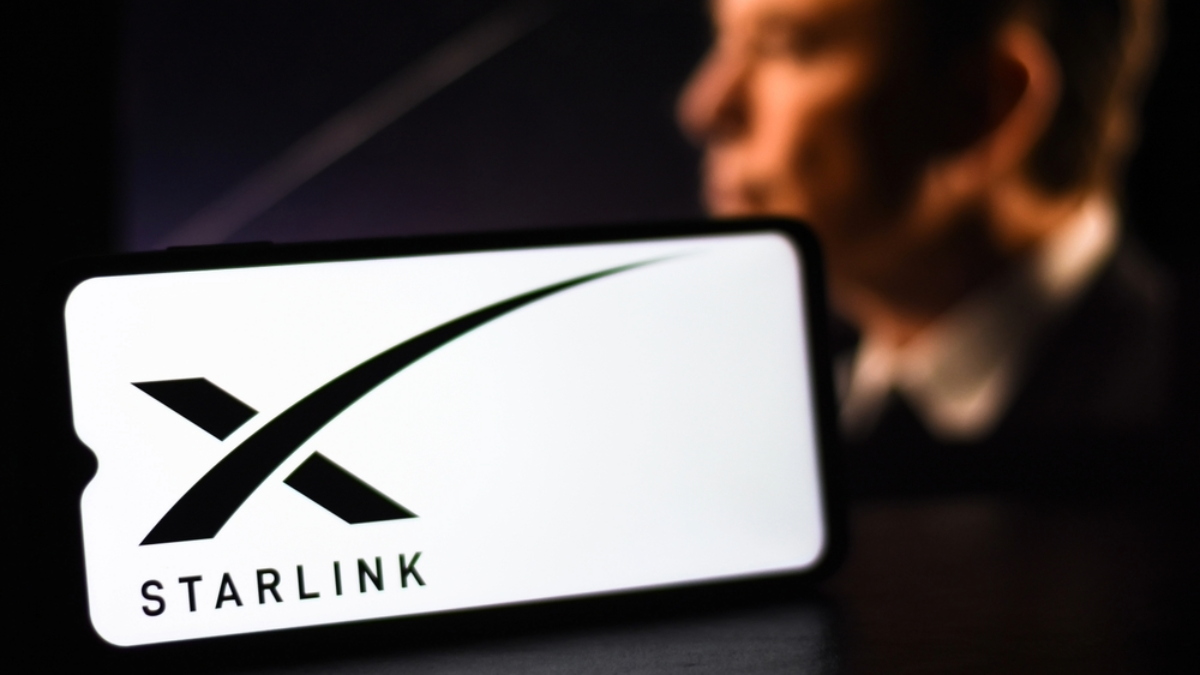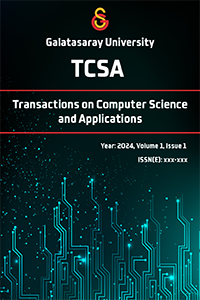
Global Fight Over Who Governs Communications Satellites Heats Up
As governments and companies clash over how satellite constellations such as Starlink should be regulated, a paradox is emerging: regulatory efforts designed to constrain unauthorized satellite operations may inadvertently strengthen the market position of the very players they seek to control.
At the heart of the growing debate in satellite governance is a simple question: Can a satellite system beam signals into a country or provide a service without that country’s explicit consent?
This new struggle is unfolding at the International Telecommunication Union (ITU), the often-overlooked multilateral UN body responsible for coordinating global telecommunications. At stake are the rules for cross-border satellite operations, and whether global connectivity will be governed through enforceable, equitable frameworks, or left to the priorities of dominant private actors and a handful of vocal states, with questionable human rights records.
International law—particularly the ITU Radio Regulations, which are binding international treaty provisions—affirms national sovereignty over the radio spectrum on which satellite internet relies. Yet, new-generation Low-Earth Orbit (LEO) satellite companies like Starlink complicate its enforcement. Unlike the traditional geostationary systems, LEO satellites orbit the Earth rapidly (in about 92 minutes) and continuously traverse multiple national jurisdictions each day. With no formal enforcement mechanisms at the ITU, this evolving landscape risks disrupting established coordination practices, often referred to as ‘spectrum sovereignty’: the principle that states manage spectrum use within their borders.











